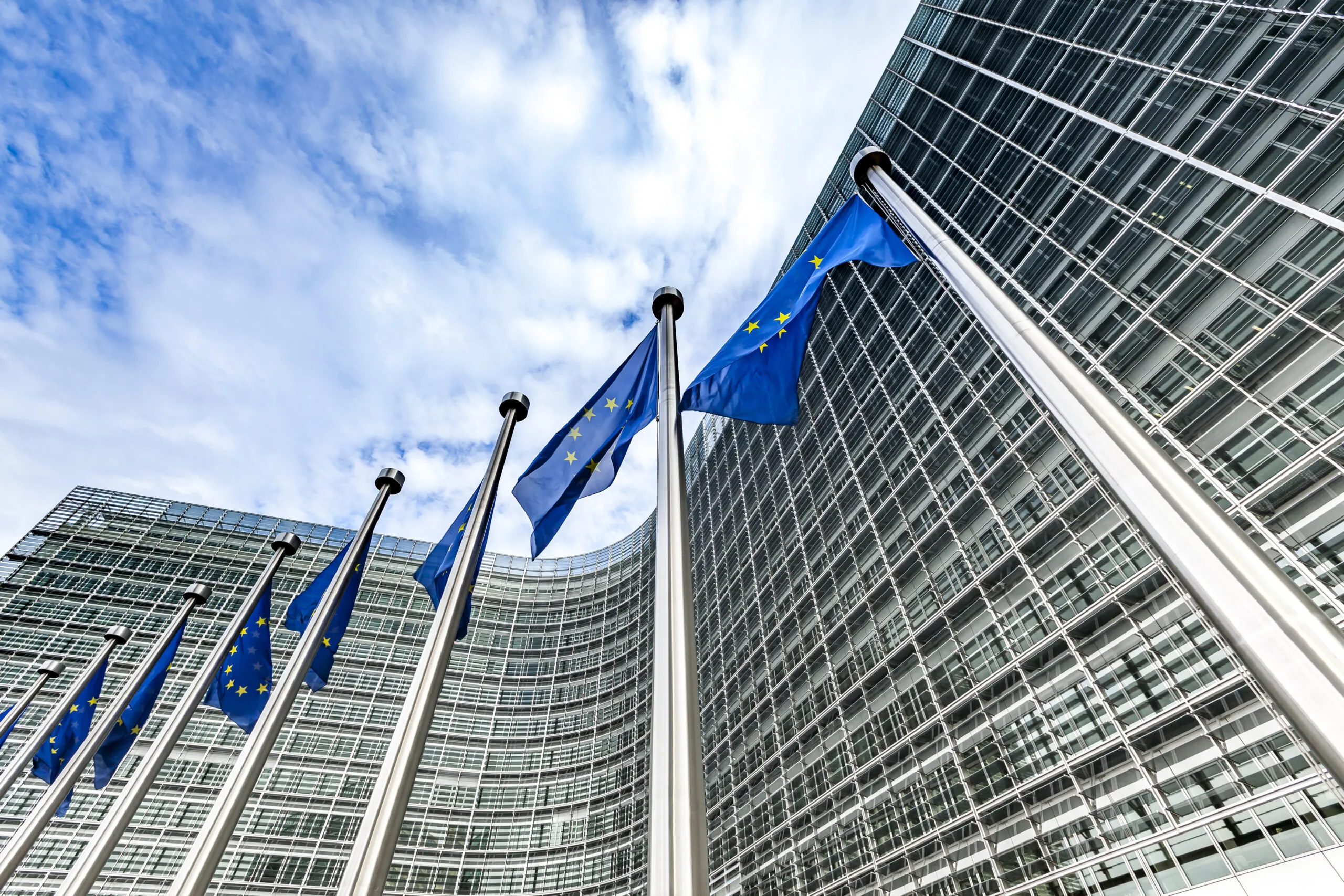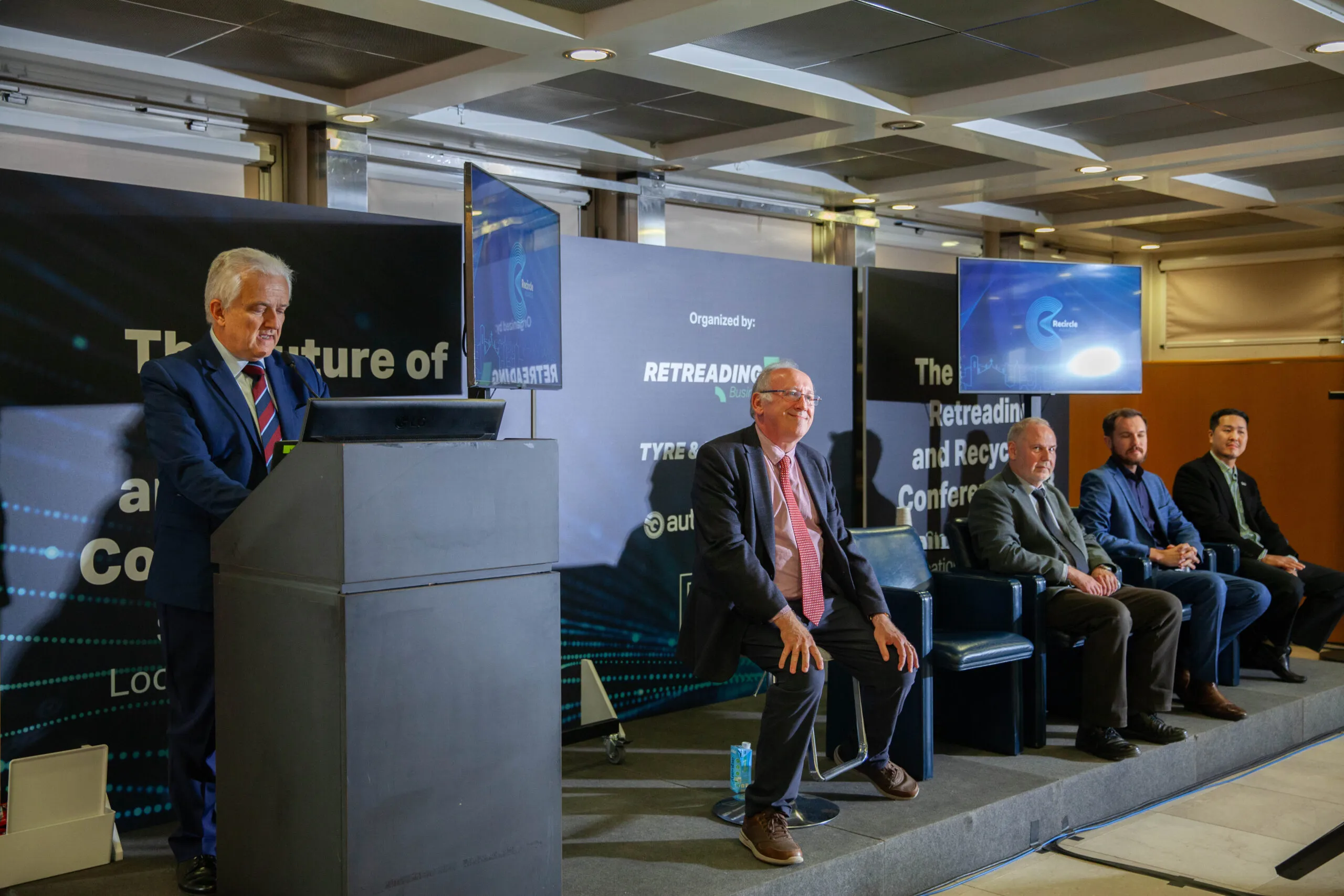While most people have been taking some time off for the holiday season, the Road Transport Department Malaysia, also known as JPJ, has been busy. Retread tyres have, once again, become a key focus of road safety across the Peninsular Southeast Asian Country where our Editor, Michael Hutt, resides: Malaysia.
A Needed Focus on Safety
Malaysia’s roads are not the safest in the world, not by any stretch of the imagination. In 2023, there were 6,443 fatalities—an average of 18 deaths per day. The Royal Malaysia Police said on Dec 24th 2024 that a total of 5,364 deaths were recorded in fatal accidents from January to October 2024. The figures for previous years don’t deviate too much from these numbers; even in 2020 and 2021, under some of the strictest COVID restrictions globally, Malaysian roads still saw over 4,000 deaths on the road each year. Some studies put Malaysia in the bottom five least safe places to be on the road globally.
In 2014, Malaysia set out to align with the United Nations’ Decade of Action for Road Safety 2011-2020 and aspired to reduce Road Fatalities by 50% by 2020. The Malaysia Road Safety Plan 2022-2030 reiterated the aim to reduce road fatalities by 50%, this time by 2030. We’re now in 2025, and based on current figures, a 10-year-old commitment hasn’t budged, let alone reached the 50% aim.
What Does This Have to do With Retreads?
Commercial vehicles become a focus of Malaysia’s road death problems every few years. This time, due to several accidents resulting in multiple deaths in a short period roughly spanning the last few weeks. A tragedy, in any situation, one lorry’s front right tyre blew out, killing seven and injuring 33 after it collided with a tour bus. This followed a question in Malaysia’s parliament on the 12th of December about using retread tyres on commercial vehicles in an attempt to ban them entirely due to safety concerns. Our editor wrote about this issue back in 2019 for a local newspaper when there was a similar incident, and again, retread tyres were blamed. They have become somewhat of an easy target in Malaysia. This is, frankly, misjudged and a shame, as Retreading shouldn’t be seen as an issue in Malaysia; it shouldn’t even just be a viable solution for sustainable road transport; it should be seen as a national strength.
A Sustainable Industry, Unfairly Maligned
Malaysia’s retreading industry is globally recognised for its quality and innovation, a rare accolade in a region where such industries are often fragmented, mostly unprofessional and largely unorganised. Malaysia’s retreaders adhere to stringent standards, with several world-class factories, some even boasting international certifications like ISO 9001 and ECE R109. These facilities produce millions of high-quality retreads annually, serving both domestic needs and global markets. We have expert compounders, tread suppliers who ship internationally and a few retarders who white label for some of the biggest tyre brands in the world for export. One of the most significant issues facing the Malaysian retreading sector is, in fact, a lack of good-quality new casings. It’s a similar picture worldwide, but Malaysia has an almost ‘open door’ policy to cheap imported tyres, making it particularly difficult for reputable retailers even to find the casings they need in the local market to sustain their businesses. Yet, instead of celebrating that quality retreading still exists in Malaysia, the industry frequently finds itself scapegoated for road safety issues stemming from broader, systemic problems.
Malaysia’s road safety challenges are deeply rooted in practices far removed from the quality of retread tyres. A lack of maintenance culture, an influx of substandard imported tyres, overloaded vehicles, and inadequate enforcement of existing regulations all contribute to road hazards. While retreads are often implicated in commercial vehicle accidents, a closer examination usually reveals a lack of proper tyre maintenance or inappropriate usage—not inherent flaws in the retreads themselves.
The irony is striking. In countries with much better road safety records, such as Germany, the UK, and Japan, retread tyres are encouraged for their cost-efficiency, reliability, and environmental benefits. In Japan, as much as 20% of fleet tyres are retreads; in the UK, Bridgestone is investing £5M in a new retread plant, and Continental is opening a new plant in the US, even in the face of tough competition. In Germany, there are schemes in place to move hauliers towards buying more retread tyres, and in Italy, public procurement ensures that 20% of all tyres purchased by the state must be retreaded. Almost 80% of all aircraft tyres are retreads (sorry, this stat always needs to be included!)
Major airlines, military fleets, and transport operators depend on retreads, recognising them as equal to new tyres in performance when properly maintained. Many nations have embraced retreads as part of broader sustainability efforts, reducing waste and conserving resources. Malaysia, a country striving for sustainable economic growth and one of the world’s largest natural rubber producers, is seeking global recognition as a green economy and should do the same. The Malaysian retreading industry should be championed, not belittled and scapegoated, every time a commercial vehicle is in an accident. 65% of all Malaysian road deaths involve a motorbike, but I’ve yet to hear one person in a position of power trying to ban motorbike tyres.
A Path Forward: Collaboration Over Condemnation
To address road safety, Malaysia must shift its focus from blaming retread tyres to fostering collaboration among industry stakeholders, policymakers, and enforcement agencies. The retreading sector is already highly regulated, but these regulations, among others, are not enforced effectively. Malaysian retreaders would welcome a joined-up, research-driven approach where they have a seat at the table; after all, they tend to be the people who look after fleet-tyres the best in our experience.
Having worked directly in the Malaysian retreading sector, our editor is well placed to highlight that most retreaders will do a complete fleet-tyre analysis before suggesting the right mix of new and retread tyres based on a fleet’s operation. Enforcement agencies could work with the retreaders to understand the ins and outs of what it actually takes to maintain a large fleet. Most retreaders will train their customers and officials and help implement maintenance SOPs; some will even offer to outsource this. One such retreader saw a 25% reduction in tyre-related issues across a client’s fleet with just two weekly visits to do proper tyre maintenance. However, we do lack local data; the retreading industry would welcome any campaign to prove the reliability of retreads in the country, as it’s about time the myths of poor retread tyres being the sole cause of these fatal accidents is long overdue.
Finally, far from scapegoating tyre retreading, Malaysia should champion a genuinely sustainable, local industry that will likely disappear if it isn’t supported. This would be a real shame, as the country would then be 100% reliant on imported tyres, often made using local Malaysian rubber and then sold back as a finished product, taking all of that money out of the local economy.
A Global Opportunity
Malaysia’s retreading industry is a domestic asset and a global opportunity. As countries face increasing pressure to adopt sustainable practices, the international demand for high-quality retreads is poised to grow. By investing in and promoting its retreading sector, Malaysia can strengthen its position as a leader in sustainable manufacturing while addressing local road safety concerns.
The dialogue around road safety and retreads must evolve. Demonising an industry that contributes to the local economy and environment is a short-sighted approach. Instead, a balanced, informed perspective that acknowledges the real issues and celebrates Malaysia’s strengths can pave the way for a safer, more sustainable future. The road ahead may be long, but it can be smoother with the proper focus.







